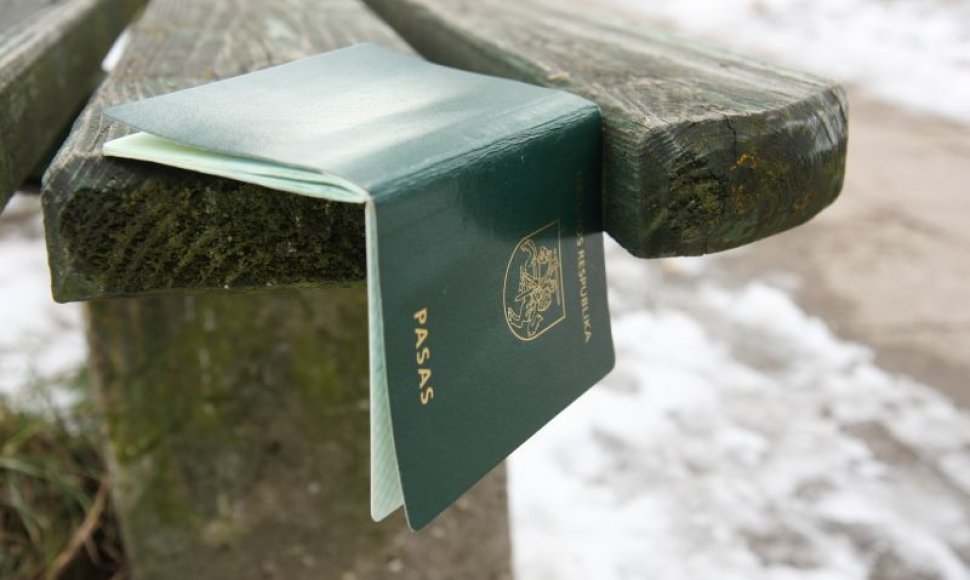Justas Sankaitis, defense lawyer of Malgozata Runevič-Vardyn and Lukasz Wardyn, submitted a plea to a Vilnius court to turn to the Constitutional Court over the 1991 Law on the Spelling of First and Last Names in Passports of Citizens of the Republic of Lithuania.
According to the lawyer, the Constitutional Court should rule whether first and last names could be regulated by a piece of implementing legislation rather than proper laws.
Runevič-Vardyn and Wardyn have taken to a court of higher instance a 2011 court ruling, which suggested that the civil registry office had legitimate grounds to refuse spelling her first and last names according to Polish rather than Lithuanian rules.
The verdict was handed down following explanation of the European Union's (EU) Court of Justice, which said the procedures in effect in Lithuania, which only allows Lithuanian letters in names, were not running counter to EU laws.
The applicant, Malgozata Runevič-Vardyn, asked that her first and last names were replaced with Malgorzata Runiewicz-Wardyn in her birth and marriage certificates, however, Lithuanian institutions refused to do so.
The Vilnius court also cited the Constitution and other laws, which stipulate that Lithuanian is the official language in Lithuania and various entries of civil status can be made, amended and registered in the Lithuanian language only.
The court also referred to the ruling of the Constitutional Court, which emphasized existence of hundreds of nationalities in Lithuania, and original spelling of their names in documents could violate the state order.
In May 2011, the Luxembourg-based European Court of Justice did not find a direct violation in the Lithuanian rules to spell names and surnames in documents using Lithuanian characters only. The court said, however, if a national court decided that the refusal to spell the original non-Lithuanian surname after the marriage is liable to cause "serious inconvenience" to those concerned, it is a restriction on the freedoms which the Treaty confers on every citizen of the Union.
According to case information, Runevič-Vardyn currently lives in Belgium with her Polish husband and is faced with discrimination on the grounds of spelling differences in her documentation, which causes problems in her professional and personal life.












